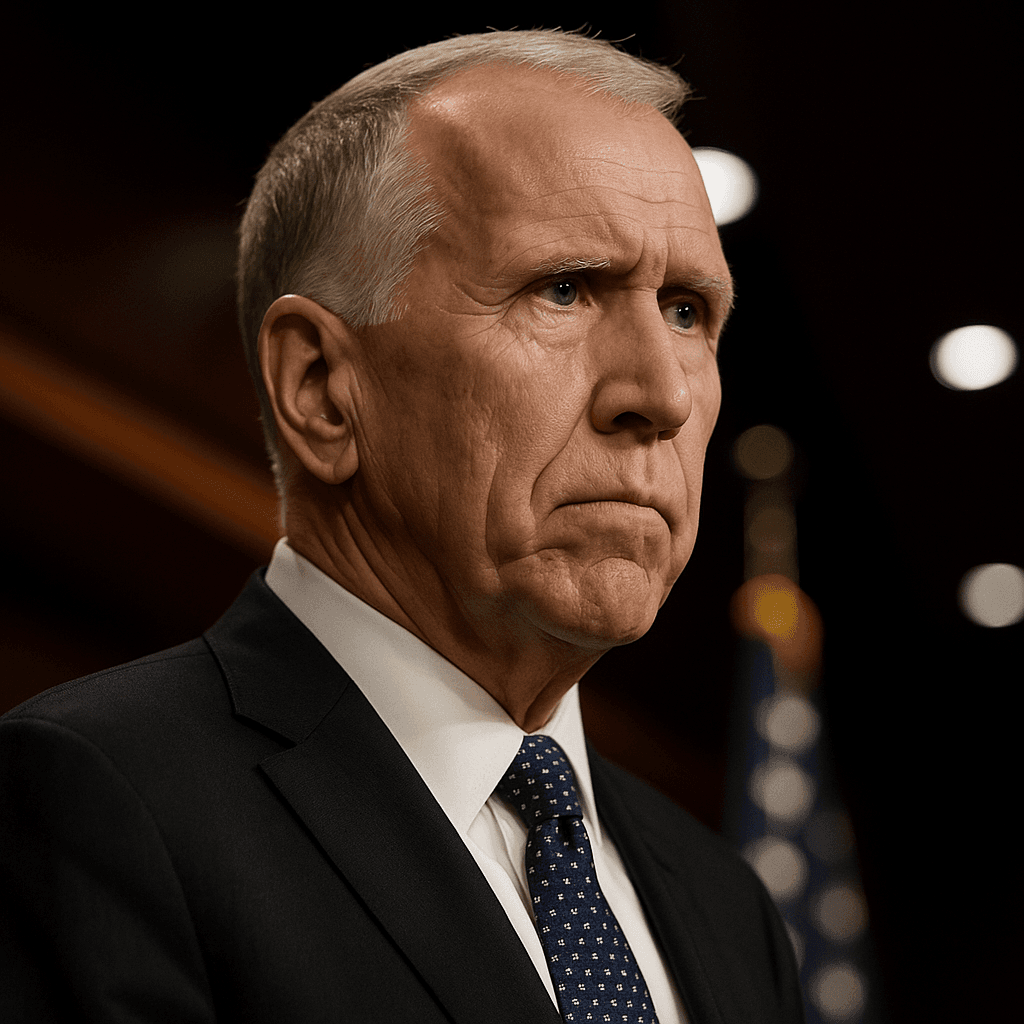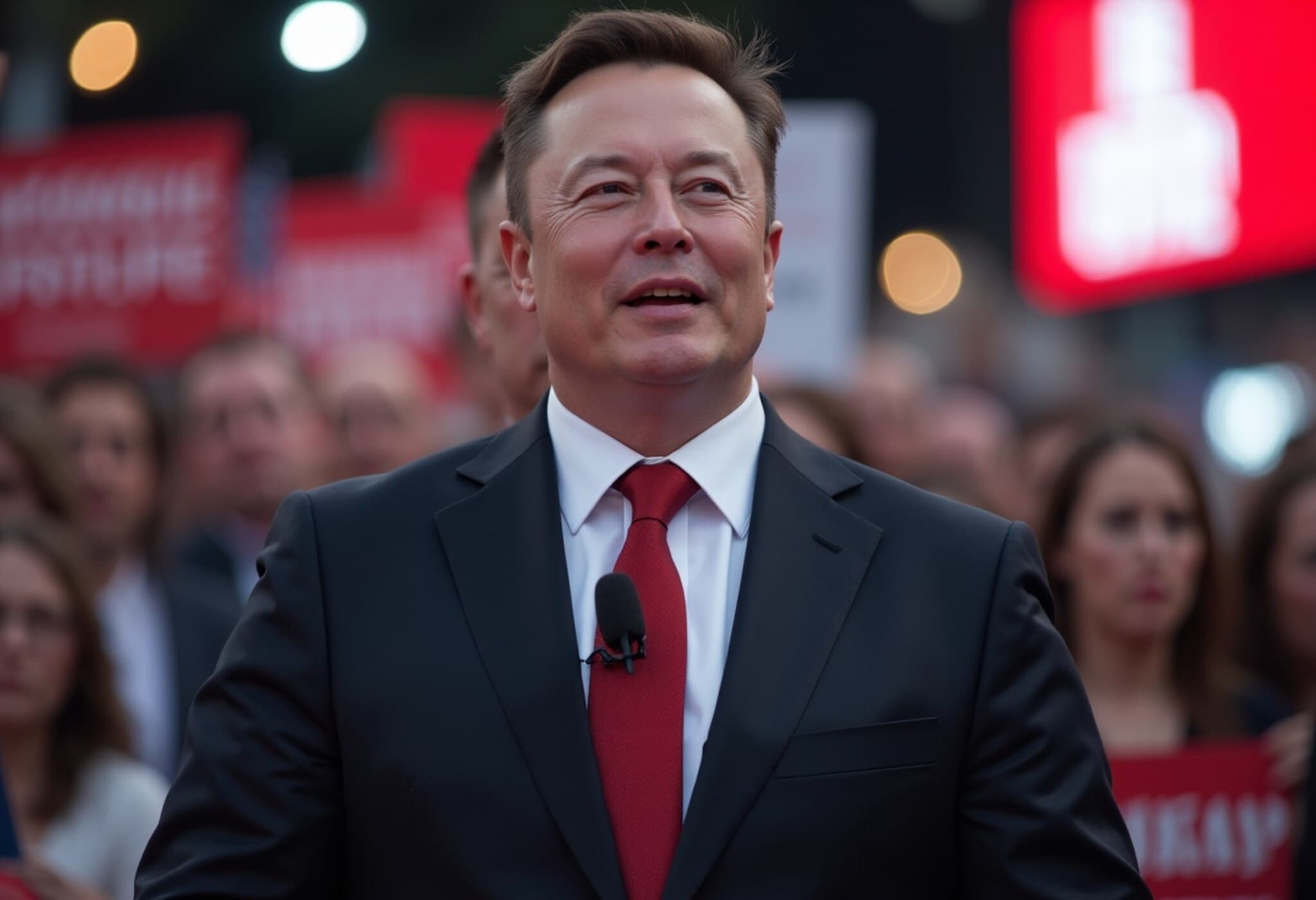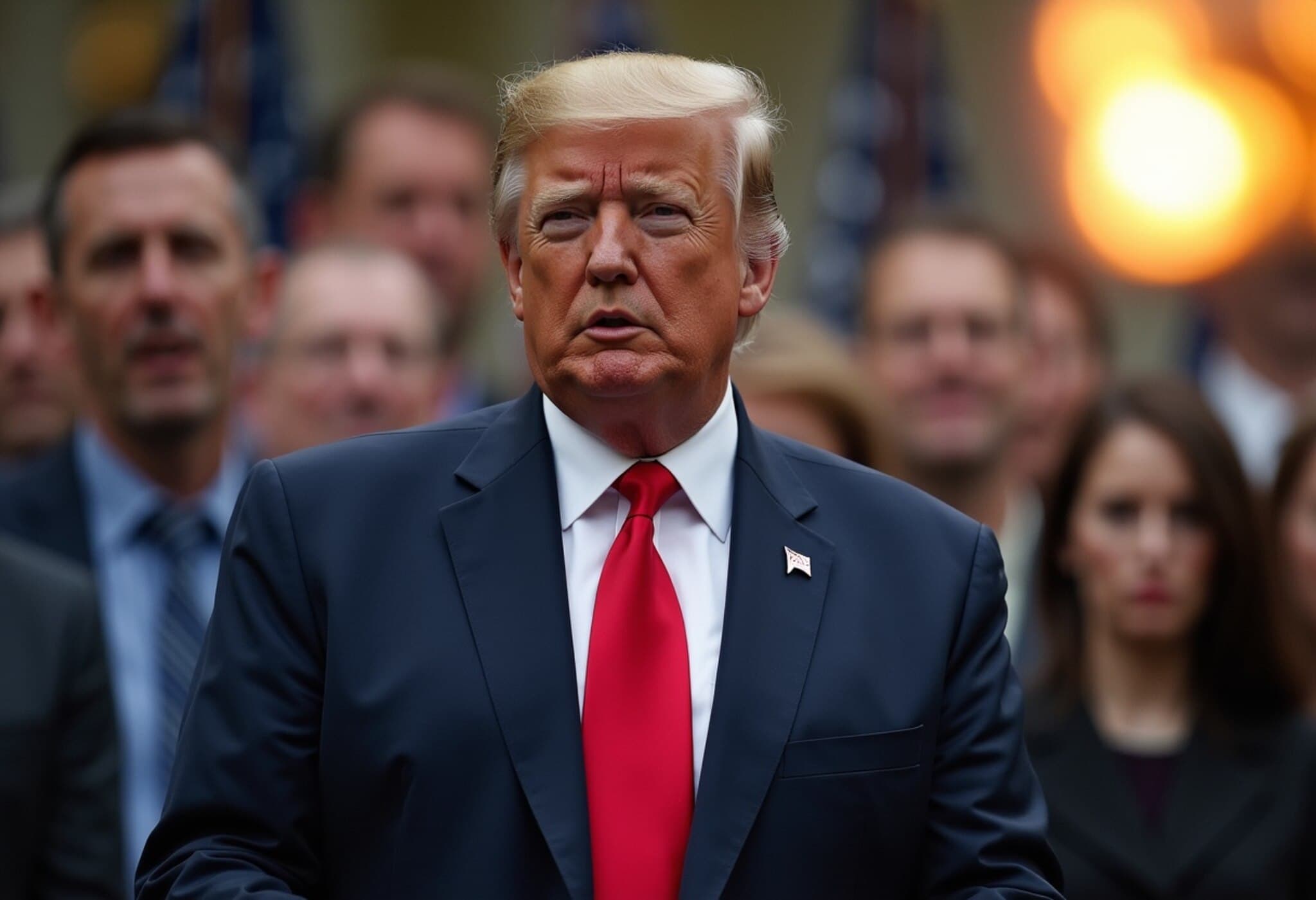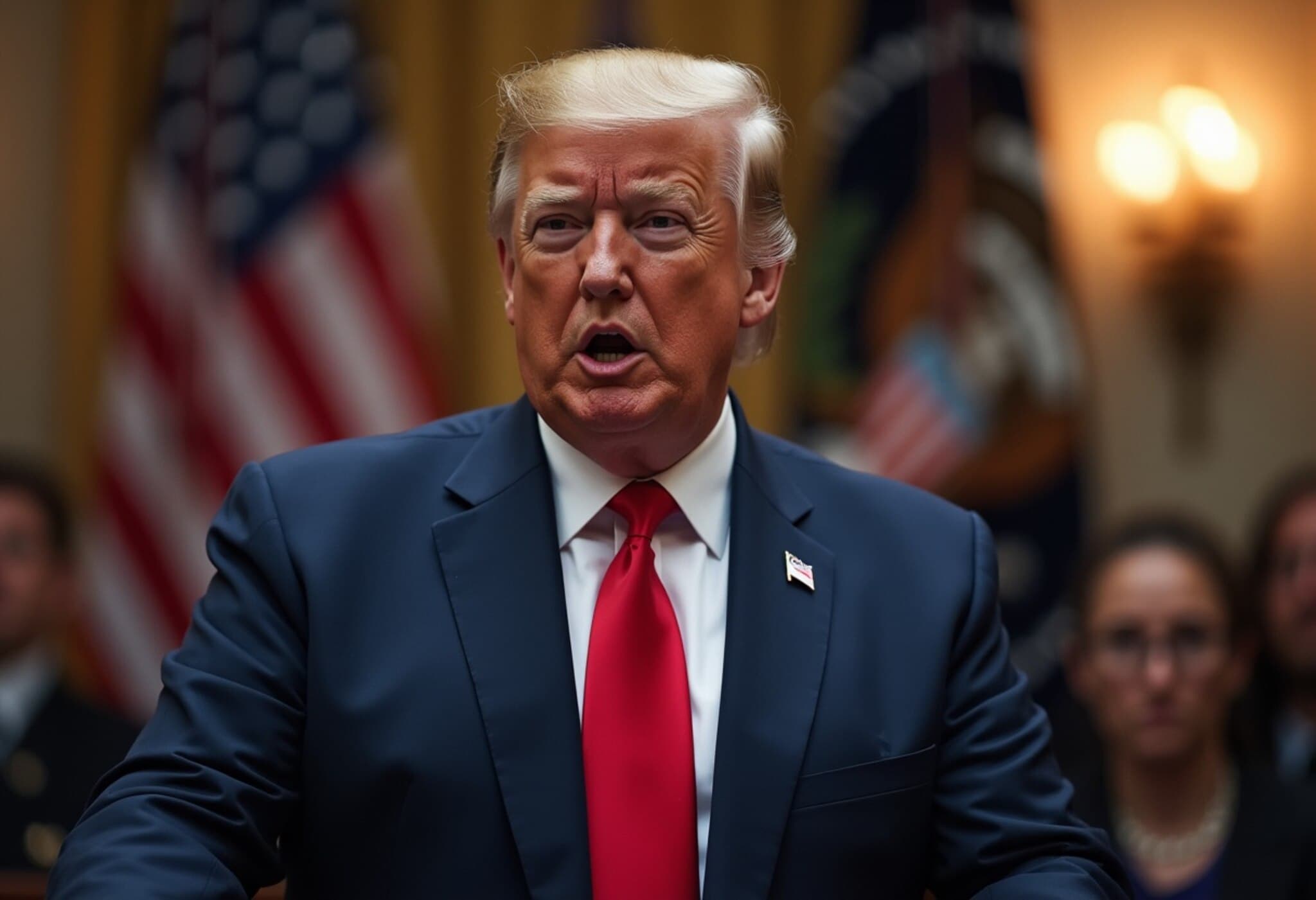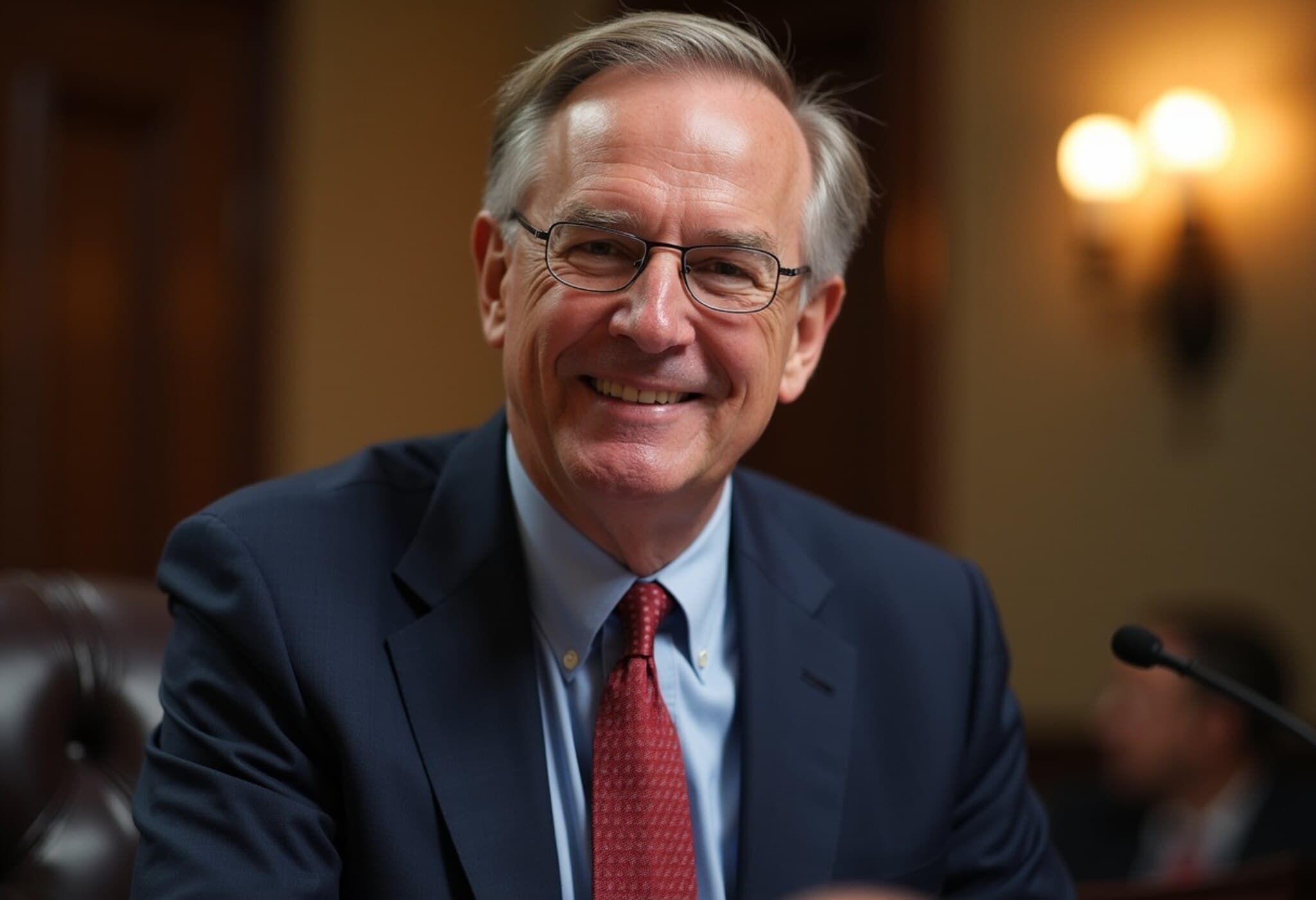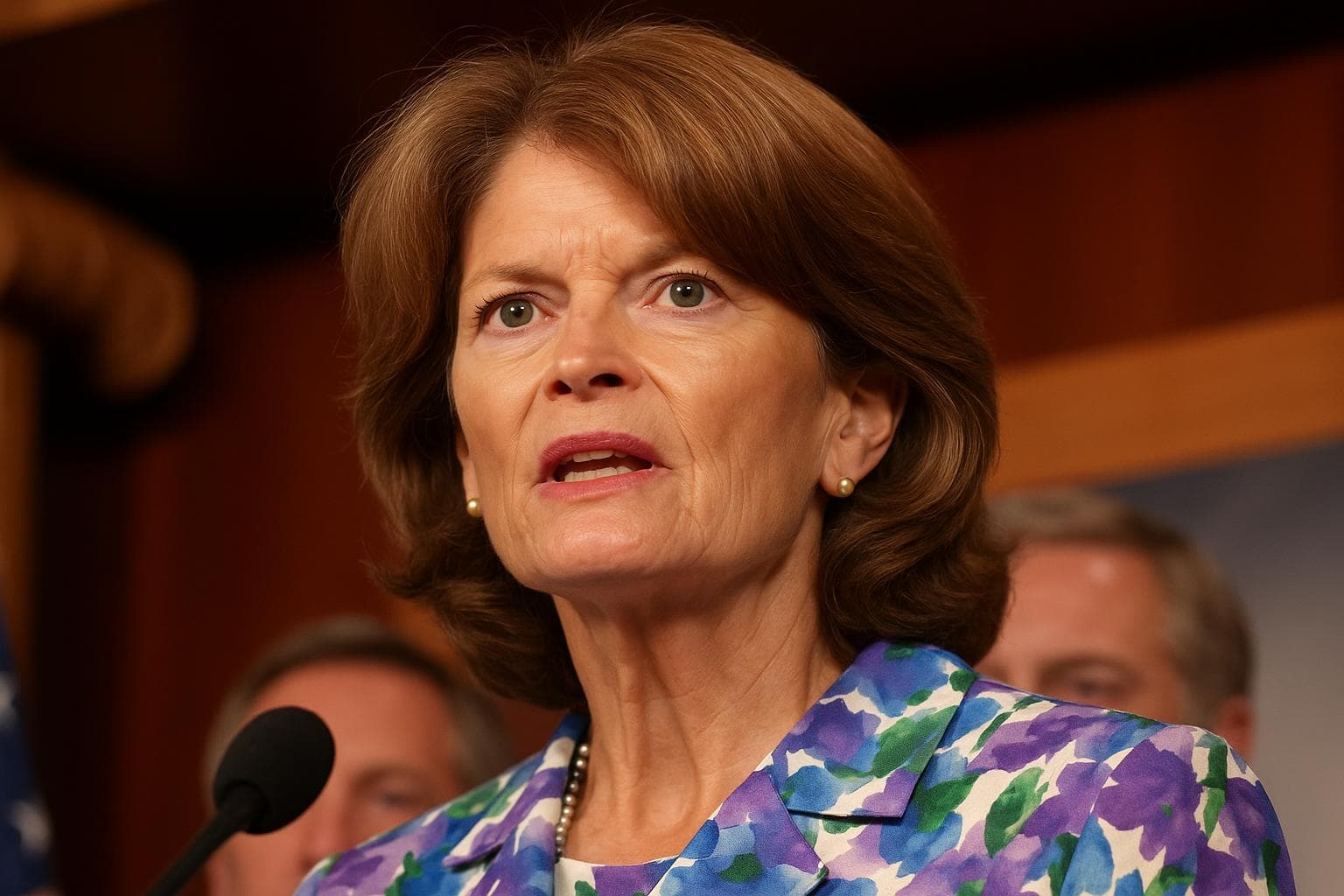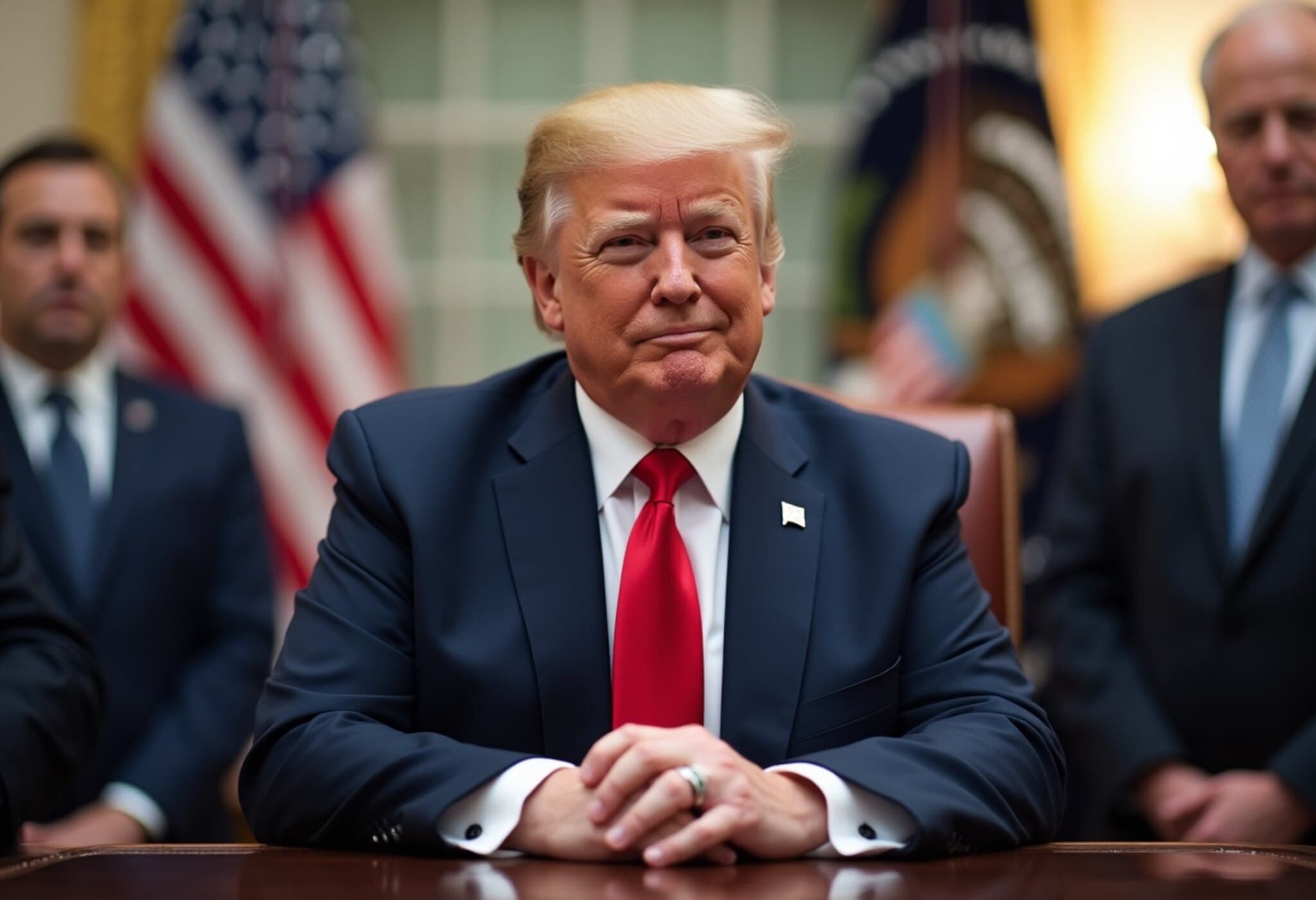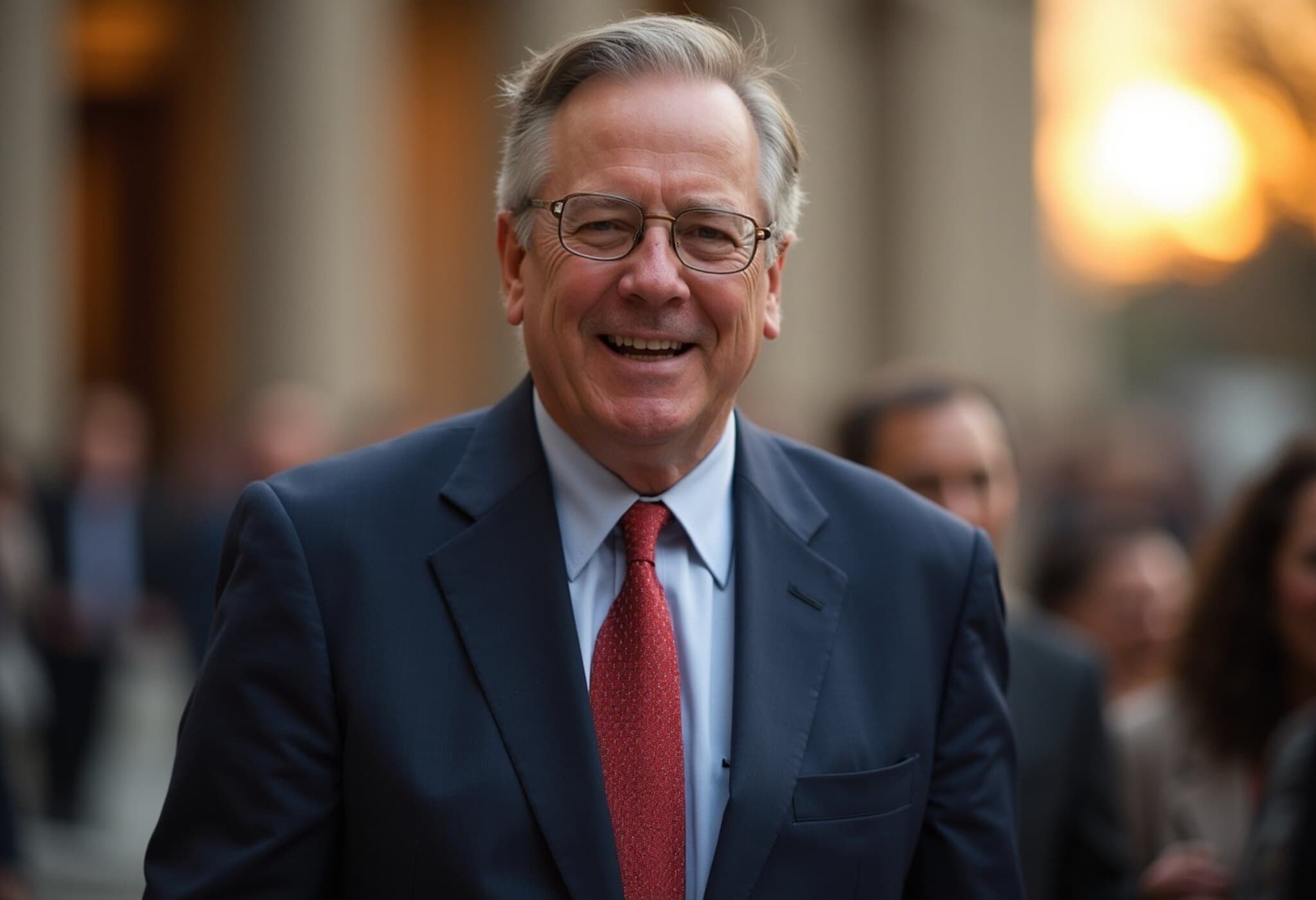Trump Targets Senator Thom Tillis for Voting Against Major GOP Bill
President Donald Trump has publicly criticized North Carolina Senator Thom Tillis for opposing his sweeping domestic agenda, dubbed the "One, Big, Beautiful Bill." In a late-night post on his social media platform, Trump announced plans to meet prospective primary challengers aiming to unseat Tillis, expressing intent to find a candidate who better represents North Carolina and the nation.
Background on the Disagreement
Tillis, a two-term senator elected in 2014, faces a tough re-election campaign in 2026 in the battleground state of North Carolina. He voted against advancing Trump's megabill, citing serious concerns over Medicaid cuts embedded within the legislation. In a statement, Tillis said the bill would cause tens of billions in lost funding for North Carolina, impacting hospitals and rural communities, and could force the state to reduce Medicaid coverage for hundreds of thousands of residents.
Trump's response was swift and scathing, accusing Tillis of misunderstandings about the debt, betraying the tobacco industry, supporting costly Chinese windmills, and being absent during last year's devastating floods in North Carolina. The president also compared Tillis unfavorably to fellow Republicans and took a jab at President Joe Biden's disaster response.
Medicaid Cuts: The Core Issue
The conflict centers around Medicaid reforms proposed by Republicans intending to offset the huge costs of tax cuts put forward by Trump, which could add up to $4.5 trillion to the national debt over the next decade. Tillis, alongside Senators Rand Paul, Josh Hawley, Susan Collins, and Lisa Murkowski, expressed reservations about these changes. Tillis’ main contention is that the Medicaid alterations will devastate North Carolina’s healthcare system, which led him to oppose moving the bill forward.
Despite discussions with Trump, Tillis made clear he would not change his stance unless significant adjustments are made. He described his conversation with the president as professional, emphasizing that while he supports the tax cuts portion of the bill, the healthcare provisions present unacceptable risks to his state.
Political Fallout and Primary Challenge Threats
Following Tillis’ opposition, Trump stated on social media that many individuals have expressed interest in challenging the senator in the Republican primary. The president intends to vet these candidates over the coming weeks to find a suitable replacement. Tillis, however, remains unfazed, stating he is not concerned about the threat.
Trump’s history includes leveraging his influence to primary Republicans who cross him, often those who voted against him in past impeachments or opposed his agenda. The current dispute arises as the Senate debates a monumental package involving tax cuts, spending increases, and a significant debt ceiling hike—expected to total around $5 trillion.
Legislative Outlook and Party Divisions
The bill’s passage faces hurdles beyond Tillis, with other Republicans such as Ron Johnson and Rand Paul opposing or expressing hesitation. Senate Majority Leader remains under pressure to secure enough votes to advance the bill amid growing dissent. Democrats have promised extended debate, warning that the bill holds nearly 1,000 pages of complex provisions.
White House officials predict the bill will reach Trump's desk by July 4, but with internal GOP fractures widening, the timeline becomes less certain. Meanwhile, voices like Tesla CEO Elon Musk have also criticized the bill, calling it destructive and warning of adverse economic consequences from increasing the federal debt ceiling.
Looking Ahead
As Senate Republicans grapple with Medicaid’s fate within the bill, North Carolina's senatorial contest gains unexpected intensity. Tillis’ refusal to back Trump's signature policy effort marks a significant break within the GOP and sets the stage for a bruising primary battle.
The coming weeks will reveal whether Trump can marshal enough support to maintain party unity or if dissenting voices like Tillis will reshape the Republican roadmap for 2026.

